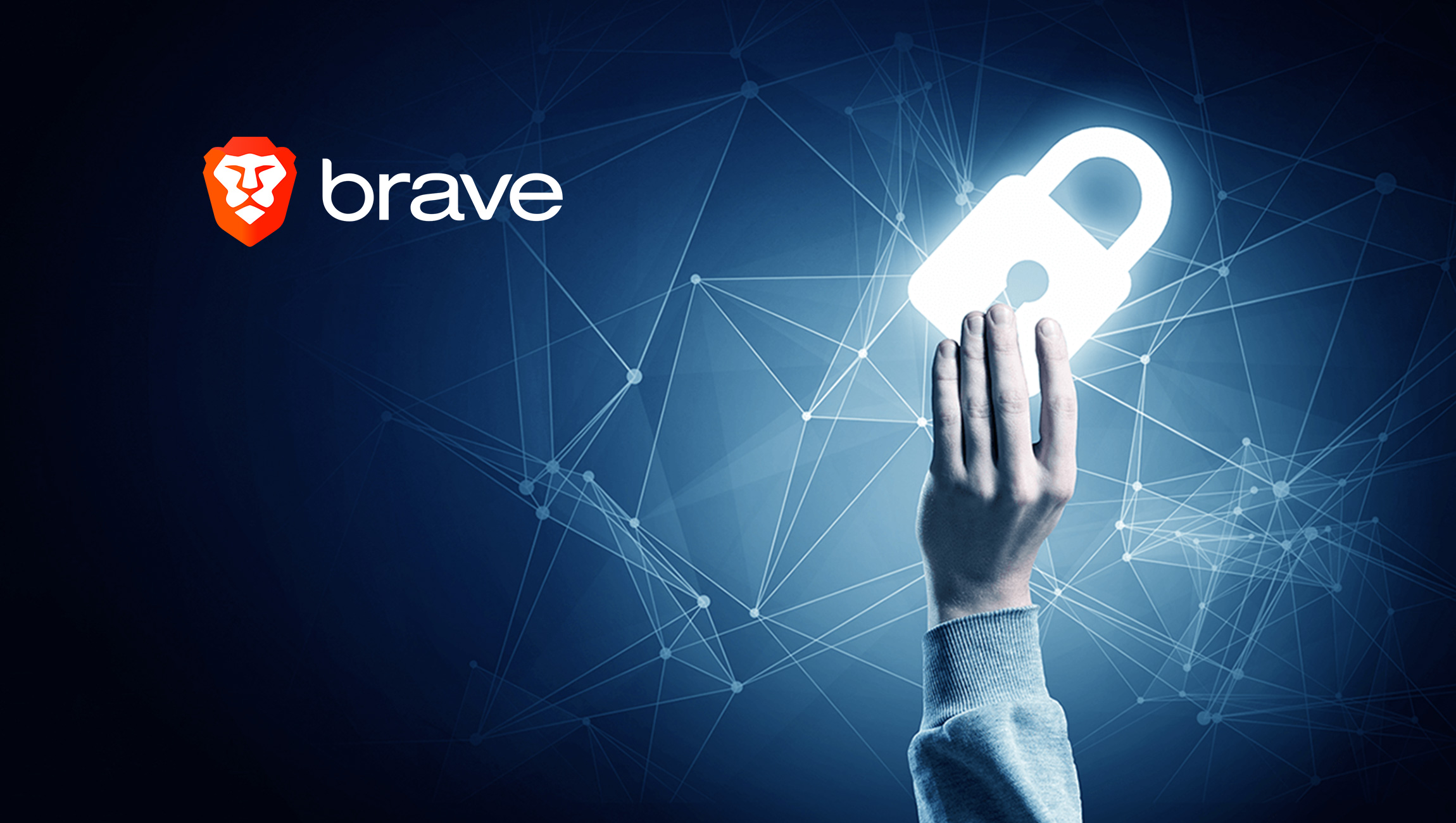Sometimes it seems like there’s a disconnect between the world of marketers and the one everyone else inhabits. If you’ve spent any amount of time on the Marketing conference circuit this year, you’ve heard the word “Personalization” more times than you care to count. It seems that everyone in the industry is fired up about the potential of reaching consumers with messages customized to their needs and interests.
However, outside the hallowed halls of Advertising Week, consumers seem a little less sanguine about marketers making use of their personal data. It seems like everyone has a story about an ad or an email that was just a little too specific. In short, the push to personalize is making some uncomfortable. But it doesn’t have to be this way.
It’s understandable that marketers are amped about Personalization. The industry has always looked for ways to form a more direct connection with customers. Matching the right person with the right message at the right time is the first principle for marketers, and it’s considerably easier the more you know about the person in question. The data supports this enthusiasm. A study by the Boston Consulting Group found brands that employ technology and proprietary data to create personalized experiences saw their revenue increase by 6-10%.
So if consumers don’t care for Personalization, they’re not voting against it with their wallets. In fact, while everyone seems to have an anecdote about a personalization-fail, a recent study found that 71% of consumers prefer a relevant experience tied to their interests and shopping habits. So what accounts for this discrepancy between what people say and how they act?
The answer is in the execution. It’s definitely possible to create a creepy experience using customer data the wrong way, much in the same way that it’s possible to start a kitchen fire while you’re starting to bake a layer cake. But a skilled baker is unlikely to start a fire and everyone still loves cake. Personalization done right can fundamentally change consumer’s relationship with a brand, build loyalty, and increase lifetime value. Let’s take a look at three key factors to keep in mind.
Read More: 10 Reasons to Ditch Your Old Office Phone Systems
Create Quality Experiences with a Customer Focus
There’s an understandable desire among brand marketers to collect as much information as possible about their customers. Data is at a premium, with the media describing it as everything from the subject of a new gold rush to the 21st century equivalent of crude oil. However, one trait we’ve seen across our most successful clients is a willingness to practice restraint. Think carefully about the data you actually need to collect and limit your information gathering to those elements.
Customers are more than willing to volunteer information if they have a clear sense of how it will be used to their benefit–whether to provide more relevant recommendations or to service a specific preference or need. Be sure that consumers have a clear understanding as to why you’re gathering specific pieces of data and how you plan to use it to create a better experience.
Put another way, if you have your customer’s data, it’s very likely that they’ve consciously given it to you with the expectation of getting something in return. They may have signed up for a newsletter or traded you their contact information in exchange for some proprietary content, but ultimately they were making a trade based on the expectation of value. The best way to meet that expectation is to keep customer value at the center of your thinking as you build more personalized experiences based on their data.
Let Personalization Power Personality
Retail experiences used to be personal by nature. Consumers knew their local grocer, butcher, haberdasher, and cobbler. While we’ve left the days of local haberdasheries and cobbling far behind (except, perhaps, in Brooklyn), there’s still a demonstrated desire to feel known by the people from whom we purchase goods and services. Personalization is allowing modern brands to meet that need by understanding their customers’ preferences, remembering their history, and anticipating their needs.
Today’s brands place a premium on having a personality, whether it’s expressed through a snarky Twitter account or a commitment to social good. The level of individual customization made possible by personalization technology allows a brand to extend this personality into their one-to-one communications, restoring the sense of connection that once existed between businesses and consumers at the scale required by today’s most successful e-commerce practitioners. The best brands infuse a strong brand voice into personalized communications in incredibly powerful ways – wherever the customer is.
Read More: Debunking the Most Common Myths Around AI in Marketing Before 2020 Arrives
Live and Learn
Part of making personalization work for brands and consumers is ensuring you have the tools you need to be responsive to feedback. If your audience is having a positive experience with personalization there should be signals, of which increased conversions is only one. Testing different approaches to personalized messaging can reveal important consumer insights, as can direct qualitative feedback from consumers. Demonstrating responsiveness to customer feedback across all of your channels will go a long way toward building the type of personalized journeys that customers value instead of ones that annoy them or cause discomfort. Give customers the choice to opt-out of personalized experiences and data collection while leaning into the ones your customers have embraced.
Ultimately, the data doesn’t lie. Whether in the form of opinion polls or dollars spent, consumers are continuing to signal that they value relevant personalized experiences from the brands they interact with. By keeping the need for customer value at the center of our thinking we can scale personalization across channels and avoid the mistakes that are likely to earn a customer call-out. After all, the true benefit of personalization isn’t in wowing consumers with how much we know about them, but in seamlessly meeting their needs without them even noticing. Meeting those needs over time, with relevant content and added convenience is the key to unlocking customer loyalty and long-term customer value without creating an intrusive experience.
Read More: Top 5 Best CRM Software Tools in Abu Dhabi, Dubai for 2020











